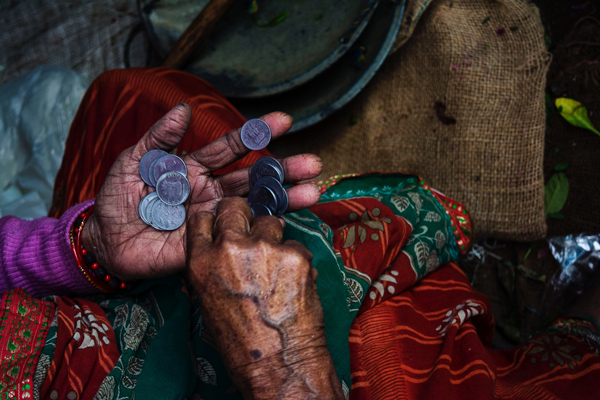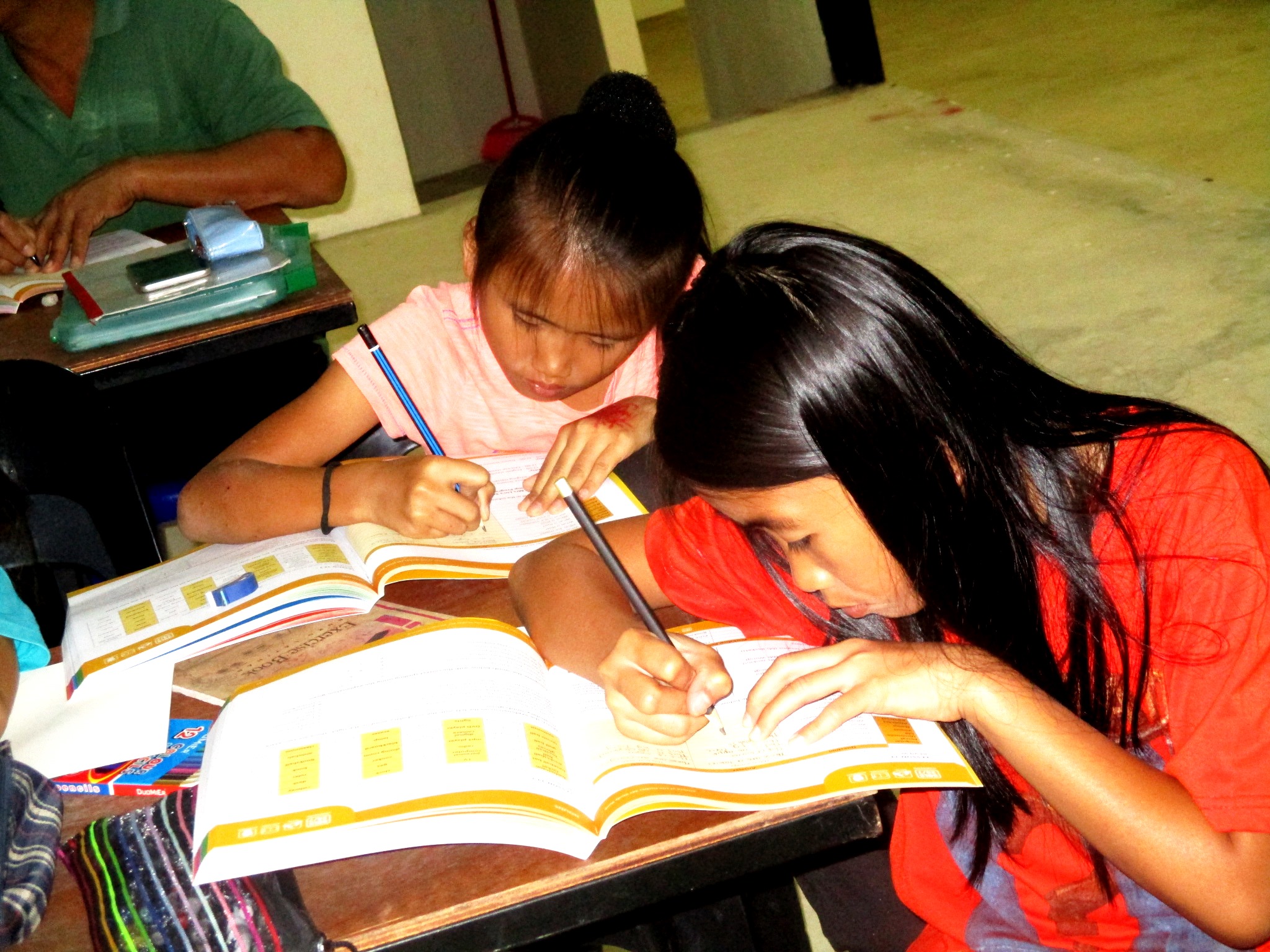7 Facts You Didn't Know About Poverty

16 Oct 2018
For the International Day for the Eradication of Poverty the focus for 2018 is on coming together with those furthest behind to build an inclusive world of human rights and dignity. For those of us who haven’t experienced poverty, it can be difficult to fully understand what impoverished people go through, especially as poverty affects all aspects of life. Here are 7 facts you did not know about global poverty.
 You can’t do much with RM4 per day.
You can’t do much with RM4 per day.
 Many children are hungry today
Many children are hungry today
 Education is not preparation for life; education is life itself.
Education is not preparation for life; education is life itself.









1. Every day 22,000 children die from poverty
More than 1 billion children live in poverty worldwide. These children live without food security, and are vulnerable to exploitation. They die of starvation, or from infections that would cost very little to treat in more developed areas. Due to their economic isolation, these risks which many countries have almost eliminated, continue to threaten these impoverished groups. You can’t do much with RM4 per day.
You can’t do much with RM4 per day.
2. More than 10% of the world lives on less than RM4 per day, about 50% live on less than RM8
Poverty is one of the greatest threats to global unity. The fact that such huge swathes of the global population are living at the level of subsistence shames those of us who remain comfortable. If you are viewing this on a screen, you are one of these comfortable individuals. We have a responsibility to support impoverished people, and if we do so, we’ll benefit from it. Many children are hungry today
Many children are hungry today
3. Around 165 million children worldwide are stunted
Because they are unable to access enough food, these children will always be weaker than their well-fed counterparts. For the rest of their lives they won’t be able to lift as much or run as far. Childhood is the most important developmental stage, and a lack of proper nutrition at this point has a lifelong negative impact.4. Subsistence farming negates people’s capacity to learn
Anyone who consumes at a subsistence level, living hand to mouth, unable to retain resources for a rainy day, is unable to progress themselves any further. Such people are unable to pursue education of any kind and instead must focus the entirety of their energy on ensuring they’ve enough to eat. Farming techniques in the developed world are now so efficient that nobody need operate according to this paradigm, yet due to a lack of education this situation persists. Education is not preparation for life; education is life itself.
Education is not preparation for life; education is life itself.
5. It would cost RM250 billion per year to end extreme global poverty
This sounds like a lot. It’s only a quarter of the richest 100 billionaires reported annual salary though. Instead of being spent on improving society, much of this money is being spent on superyachts and hidden in tax havens. These richest billionaires drink champagne and eat caviar, as elsewhere toddlers desperately search for roots to chew.6. More than 80% of the world lives in countries where income inequality is increasing
As ordinary citizens struggle to pay the high cost of various items, including computers and cellphones, corporate fat cats get fatter on the backs of their monopolized products. This does more than just dissatisfy some groups. Because these groups are unable to obtain higher education, it means that they’re unable to contribute in a more productive way to society, helping the rest of us out. The only way out is education! Education allows people to understand how they can apply themselves better so as to increase their productivity. The more someone produces, the more they earn. Once they’ve earned a certain amount it’s easy for them to educate their children as well. This breaks the cycle of poverty. The only problem is that when you’re struggling to determine where your next meal will come from, you can’t save up for a university degree.7. About 25% of the world live without electricity
One of the most fundamental resources in our digital age, electricity allows for reliable and risk-free lights after dark. Electricity also connects users to the internet, which allows them to continue learning whatever they want. Alongside the educational advantage that the internet provides, labour saving technology can also be introduced, which in the long run is highly resource efficient.
Simple Solar Lamps Are Changing Lives For Poor Areas (Huffingtonpost)
English and technology are two of the most important skills
Basic technology skills allow the user to access the internet and make use of the information software available today. Most of this can only be accessed in English however, so it’s important to understand the basics of the language as well. Once someone has learned both these skills, their potential is no longer nearly as limited. The sheer amount of information online allows anyone who can access it to improve themselves indefinitely.SOLS 24/7 gives people the opportunity to become their best
Through a wide range of low-cost education and community support programmes, SOLS 24/7 is able to lift people out of the poverty trap that they’re stuck in. We work with impoverished communities, educating both youth and adults. We focus on highly employable skills which can be applied in daily life as well.Make a Difference!
Source: https://www.dosomething.org/us/facts/11-facts-about-global-poverty






